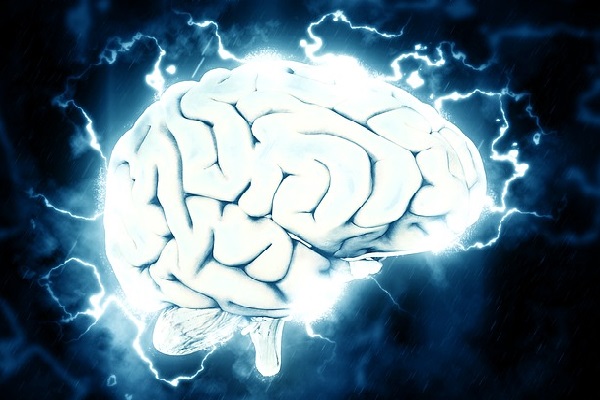
Changes in the Human Brain Connected to Religion and Belief Could Provide Resilience to Depression
- By Derek Welch --
- 10 Feb 2019 --

Brain and Behavior releases new research linking the importance of spirituality and religion in depression-prone families.
New research in Brain and Behavior shows the world a different perspective on the role of spirituality and religion. The study consisted of 99 participants, after narrowing it down from 122, from three generations in a family.
Changes in the Human Brain Connected to Religion and Belief Could Provide Resilience to Depression[/tweetthis]
The researchers separated the candidates into two groups – those suffering from a major depressive disorder (MDD) and non-depressed individuals. They made sure that people in the latter category didn’t have any family history of mental illness. The study started in 1982, with the aim of understanding how religion and spirituality impact the development of depression in individuals.
They found people who follow these belief systems have lower chances of suffering from depression. Religion and spirituality bring about positive changes in the microstructure of the white matter, which is responsible for handling communication in the brain.
Several studies in the past indicated how being religious has a protective effect against depression. Upon digging deeper, the researchers came across interesting information which highlights the power of belief in individuals.
After studying the participants, they understood that external components of religion, such as attending religious services or being a part of a group wasn’t a factor. Instead, the intrinsic values are the ones responsible for reducing the risk of suffering from depression.
The author of the study, Dongrong Xu, from the New York State Psychiatry Institute and Columbia University, was curious about this pattern among human beings. He found that people who consider religion and spirituality important didn’t suffer from depression, even though their family history suggests otherwise. During the study, the researchers used the cortical thickness as the indicator to determine the risk of depression among individuals.
Depression is an illness, not a mental health issue, it’s a chemical imbalance of your brain and it doesn’t have anything to do with RELIGION. I wish more people do research about it. https://t.co/1RcOFNFqVL
— Adisti (@disdose) January 31, 2019
To understand brain connectivity to religious experiences, the researchers used advanced MRI measures, such as Diffusion Tensor Imaging (DTI). With this powerful tool, they were able to discover the impact of religion and spirituality in neurobiological processes.
After identifying the link between the thickness of the cortices and religion and spirituality, the researchers published their comprehensive study. At the same time, they also made it clear there are limitations to their work. For instance, they want to study a larger sample size, to find out if their results are valid. Also, the study doesn’t take into account that the perception of religion among individuals tends to change with time.



















